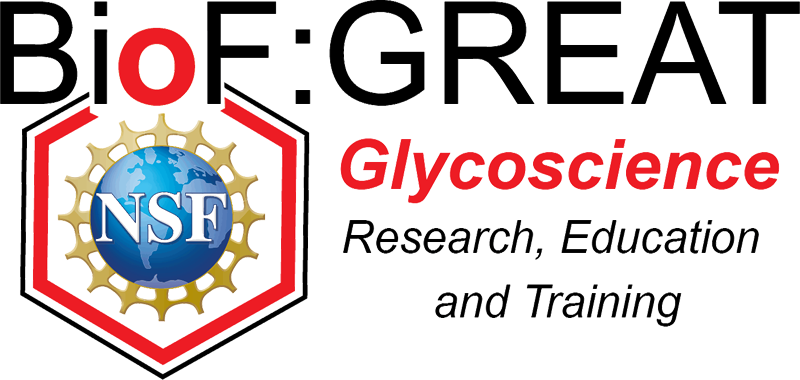Chondroitin sulfate proteoglycans (CSPGs) play critical roles in various biological functions, particularly in regulating cellular processes in the nervous system. Their structural complexity arises from glycosaminoglycan (GAG) chains attached to core proteins, which makes understanding their structure-function relationships a scientific challenge. Recent advances have been made using solid-phase-supported chemoenzymatic synthesis to address these complexities and provide accurate tools for analysis.
The chemoenzymatic synthesis method employs a combination of solid-phase synthesis techniques and enzymatic modifications to construct glycopeptides that mimic natural CSPGs. This approach allows for precise control over the sulfation patterns and chain lengths of the glycosaminoglycans. Researchers use immobilized peptide resins to streamline the synthesis and ensure efficient enzymatic modification, resulting in a highly defined structure for subsequent analysis.
Advanced analytical techniques, such as nuclear magnetic resonance (NMR) spectroscopy and mass spectrometry, are then used to characterize the synthesized glycopeptides. These methods confirm the structural integrity and provide insight into how different sulfation patterns affect biological activity, such as interactions with proteins or roles in cell signaling.
This solid-phase-supported chemoenzymatic strategy represents a significant advancement in glycoscience. It not only facilitates the production of structurally diverse CSPG mimics but also aids in deciphering the complex biological roles of glycosaminoglycans in processes like neurodevelopment and tissue repair. For more in-depth studies and applications, these methods pave the way for designing novel biomaterials and therapeutic agents targeting CSPG-related functions.
